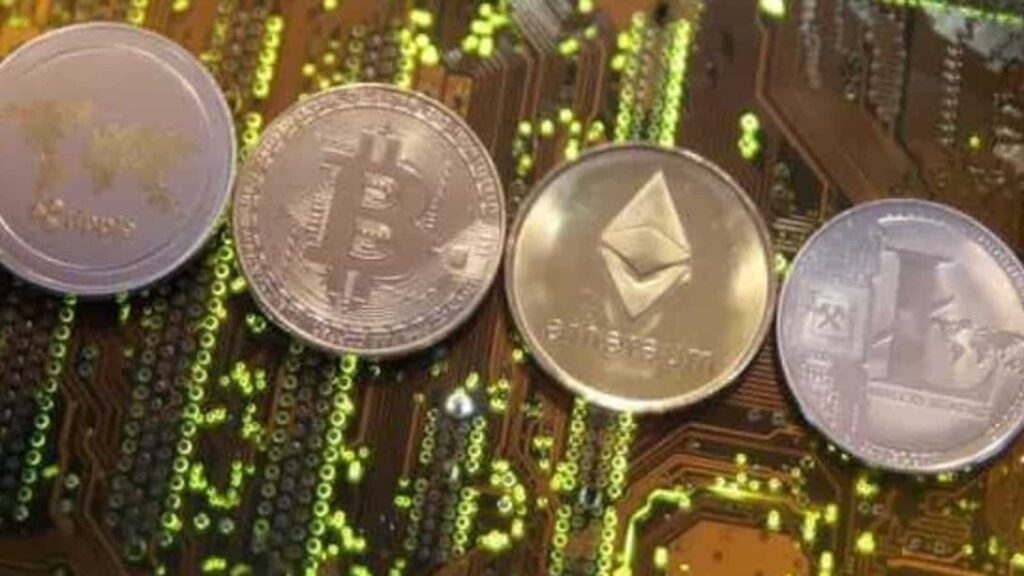
Over the last 24 hours, the global crypto market capitalization increased by 1% to $2.61 trillion. Bitcoin, which is presently priced at $57,424, has lost 0.63 percent of its market domination in the last day, putting it at 41.57 percent.
Over the last 24 hours, the overall cryptocurrency trading volume was $107.71 billion, down 2.55 percent. Stablecoins ($84.33 billion) accounted for 78.29 percent of the crypto market’s 24-hour market volume, while DeFi ($14.94 billion) contributed for 13.87 percent of total crypto volume.
In terms of key cryptocurrencies, Bitcoin dropped 0.50 percent, while Ethereum ($4,483.11) rose 3.31 percent. The price of Binance Coin ($626.81) increased by 3.31 percent. Solana ($205.30), Cardano ($1.60), Avalanche ($121.66), and Polkadot ($36.74) all increased by 1.80%, 0.24 percent, 7.85%, and 0.94 percent, respectively. SHIB and DOGE, both memecoins, increased by roughly 13.05 percent and 5.95 percent, respectively.
In a response to a question in Parliament yesterday, Union Finance Minister Nirmala Sitharaman stated that there is no proposal to recognise Bitcoin as a currency, as India considers enacting crypto legislation. The government, according to Sitharaman, does not gather data on Bitcoin transactions.
In the middle of this, Coinstore, a Singapore-based virtual currency exchange, has launched operations in India at a time when the government is crafting legislation that will effectively ban most private cryptocurrencies. According to reports, the firm has launched its web and app platform and wants to have offices in Bangalore, New Delhi, and Mumbai.
Kazakhstan, a central Asian country, has seen a tremendous increase in its electricity usage this year, up about 8% from the previous 1-2 percent, mainly to unregulated electricity use by massive computer farms involved in cryptocurrency mining.
Notably, the country, which is now importing electricity from Russia at a higher cost to satisfy demand, recently saw an emergency closure of three of its key power reactors in October.